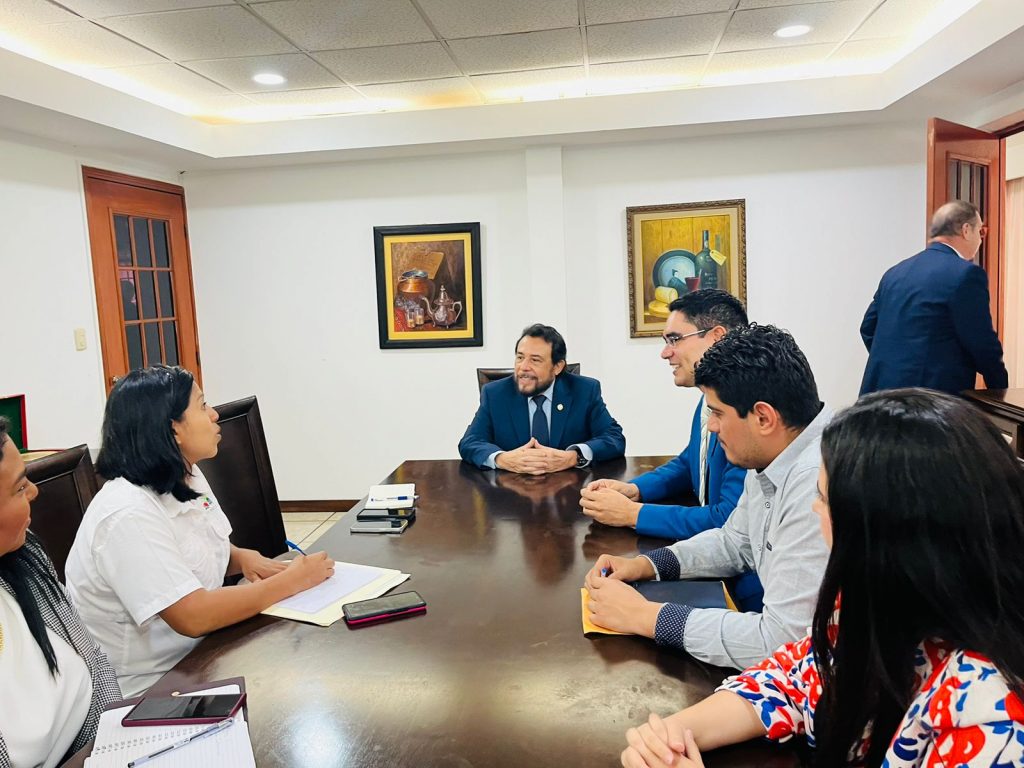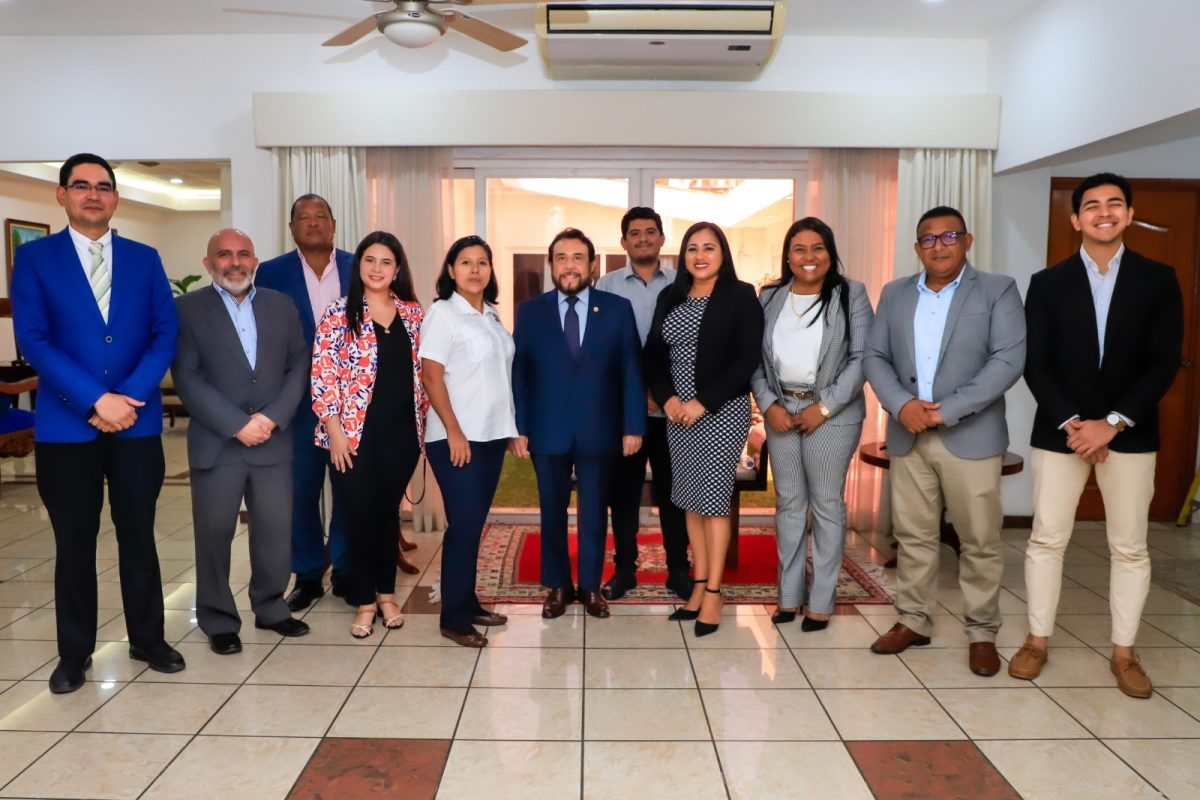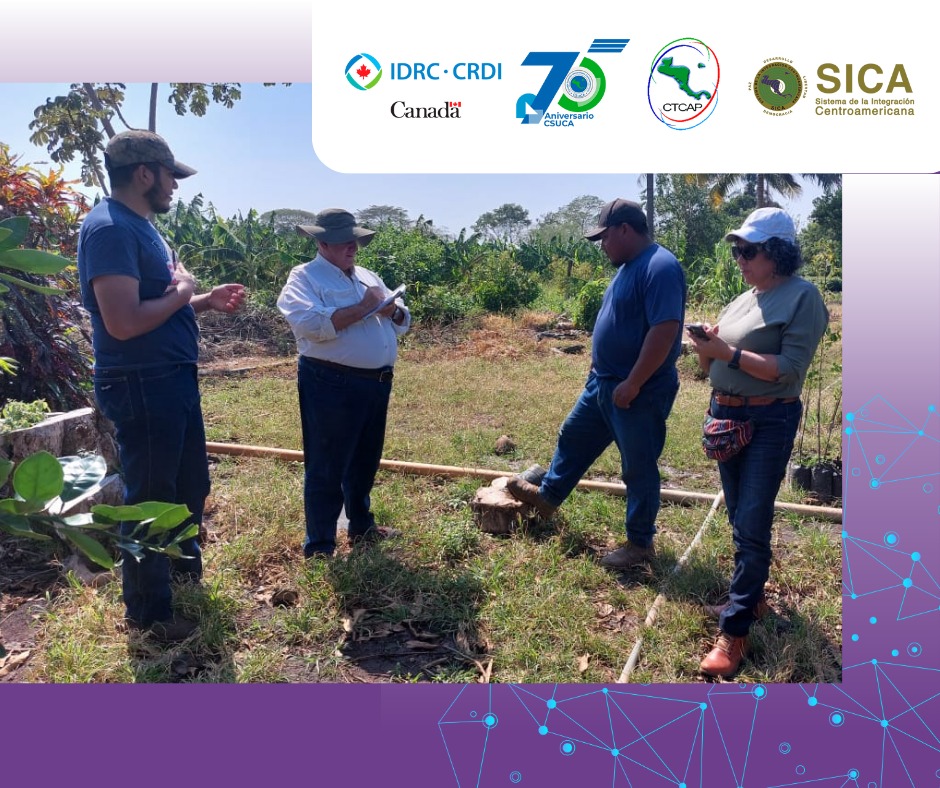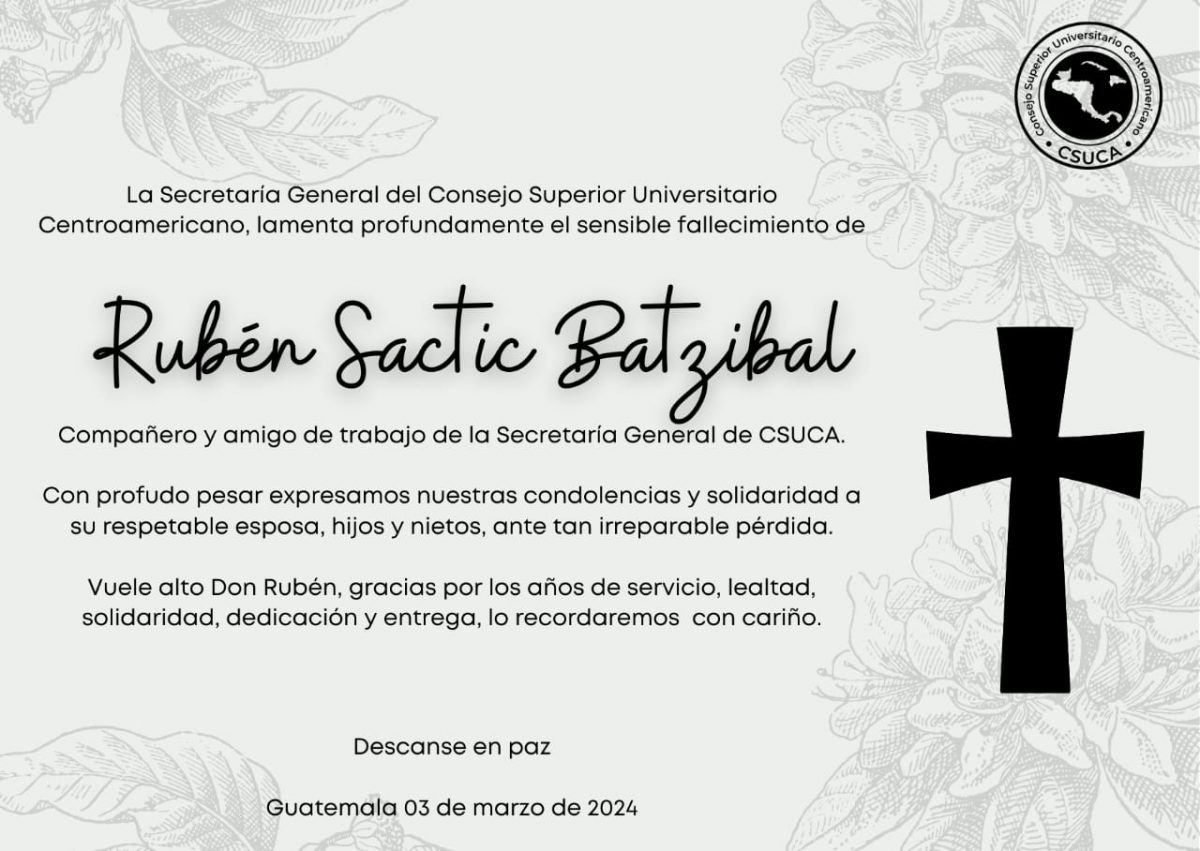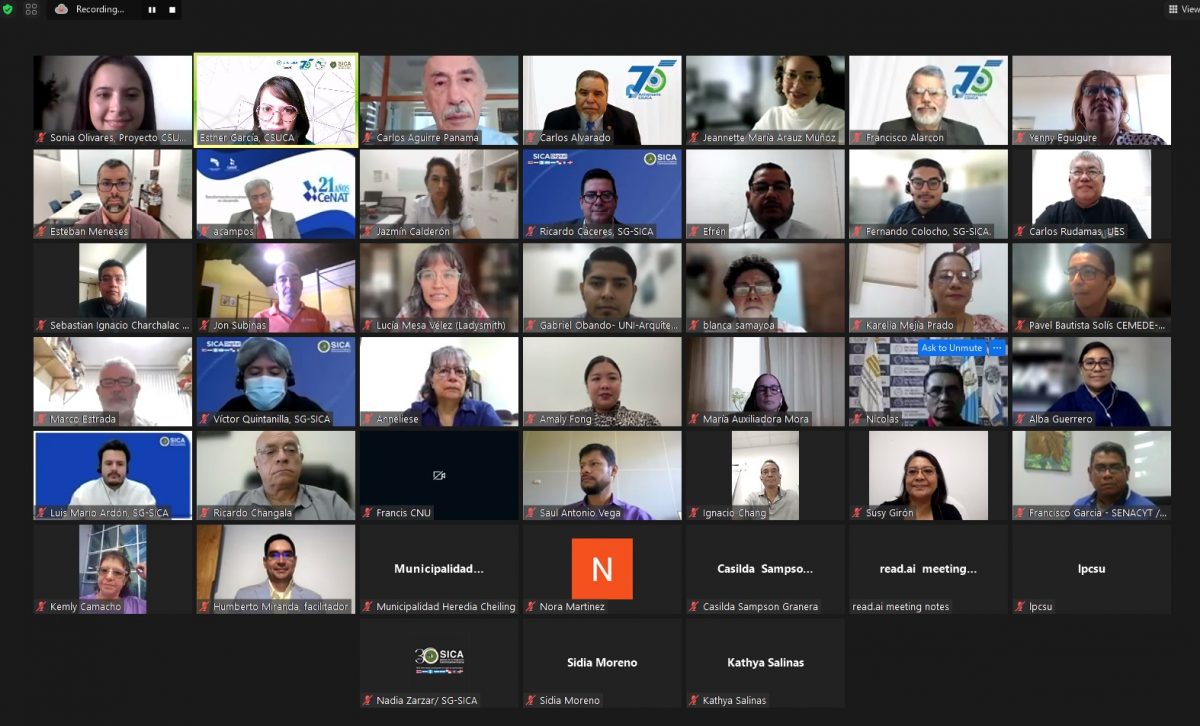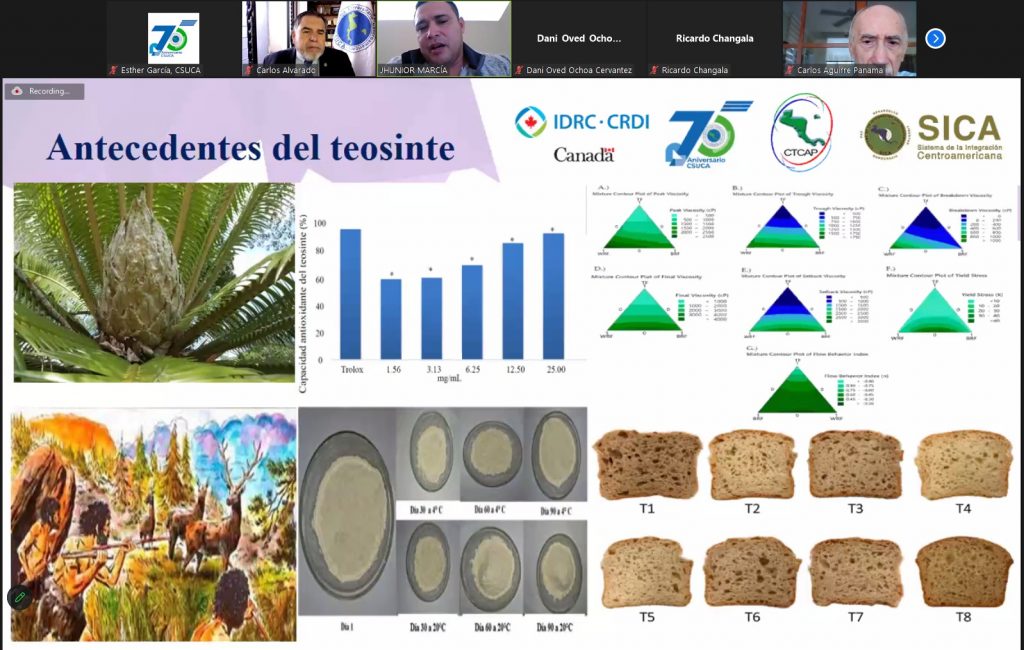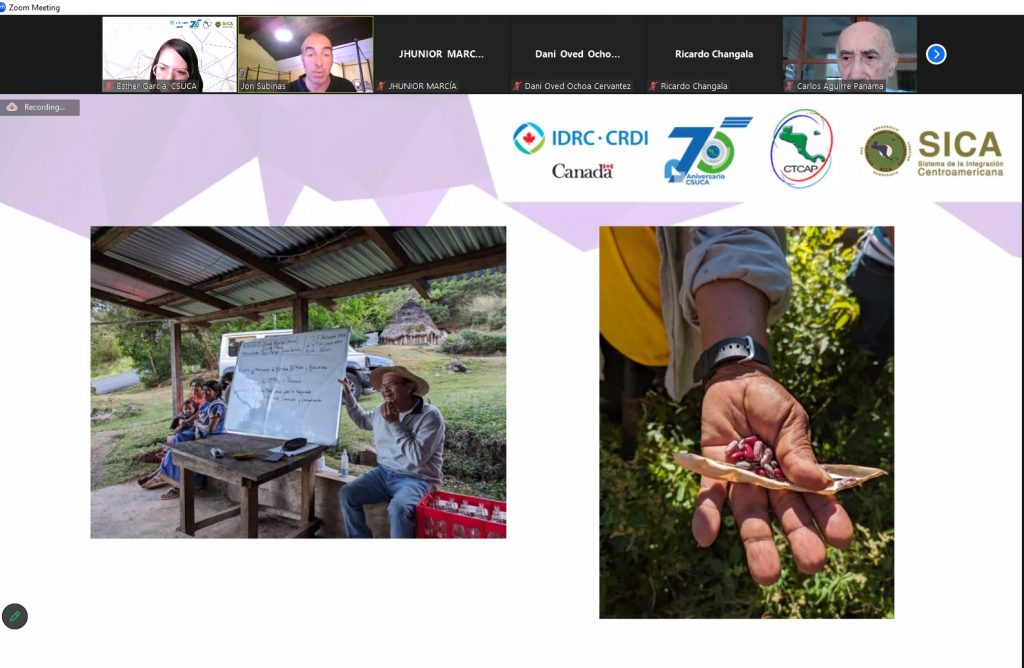La visión de trabajar en el territorio y desde el territorio, motivó al proyecto “Desarrollo Territorial Local para un Crecimiento Económico Equitativo y Sostenible en Guatemala, El Salvador, Costa Rica y Panamá, 2023-2024” a realizar su primer taller presencial en El Salvador, La Paz, Santiago Nonualco el 12 y 13 de febrero de 2024, sobre diseño metodológico de la investigación.
Este proyecto de investigación se encuentra bajo la coordinación del señor Humberto Antonio Miranda Rivas, y al momento, ha alcanzado avances significativos desarrollados a través de una red colaborativa de investigación con visión de integración y cohesión centroamericana.
Dicha red es conformada por la Secretaría de Coordinación Ejecutiva de la Presidencia de Guatemala, la Asociación de Municipios de Los Nonualcos en El Salvador, la Municipalidad de Buenos Aires en Costa Rica, la Municipalidad de Pinogana en Panamá y FLACSO sede Costa Rica, encargada de la administración de fondos. Este equipo de trabajo incluye la dimensión política con la académica.
Este esfuerzo de investigación centroamericano tiene como objetivo general el estudio del desarrollo territorial local equitativo y sostenible en los países participantes, destacando su compromiso con el fortalecimiento de la región centroamericana. Los principales resultados del encuentro realizado en Santiago Nonualco, El Salvador, son los siguientes:
- Equipo de trabajo principal de investigación consolidado y funcionando como red colaborativa.
- Producido conocimiento a través de una nota conceptual sobre el diseño metodológico de la investigación.
- Documento de diseño metodológico socializado y validado, el cual guía el proceso de investigación a través de una planificación colaborativa.
La búsqueda de articular el trabajo entre el Gobierno Central o Nacional y el Gobierno Local, en el proceso de investigación, hizo necesario realizar una sesión de trabajo con el Vicepresidente electo de la República de El Salvador, Félix Ulloa el 13 de febrero de 2024. Durante esta sesión se reflexionó sobre los ejes de investigación: a) desarrollo territorial local, b) gestión ambiental, c) transformación tecnológica desde la ciencia abierta, d) equidad social y el papel de la mujer en un crecimiento económico inclusivo.
Dicho proyecto forma parte del proyecto regional “Fortaleciendo sistemas inclusivos de ciencia e innovación en América Latina a través de una red colaborativa” financiado por el International Development Research Center (IDRC) a través del Consejo Superior Universitario Centroamericano (CSUCA).
